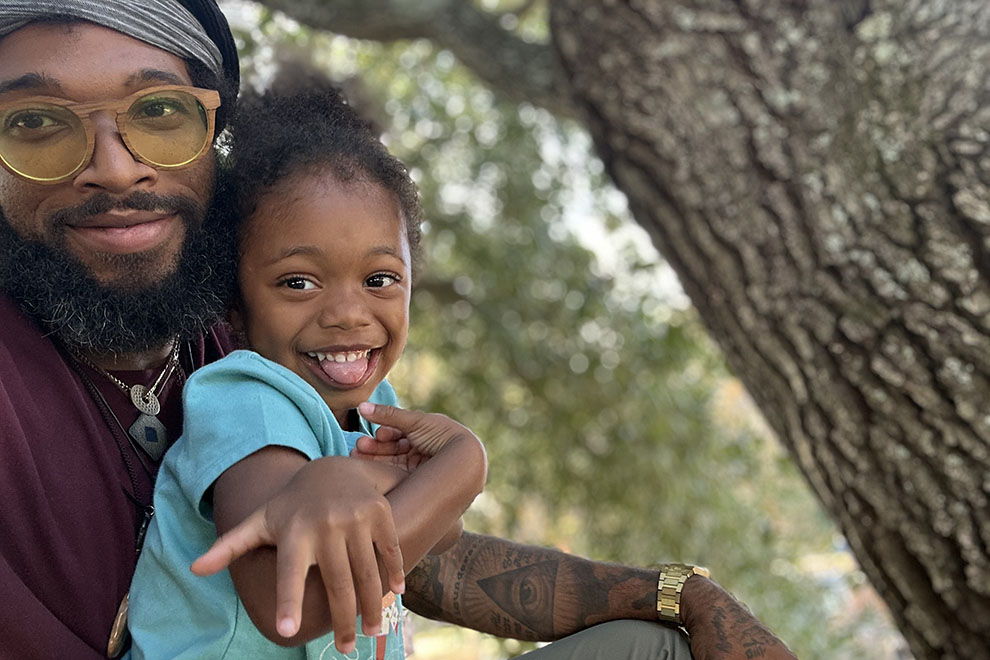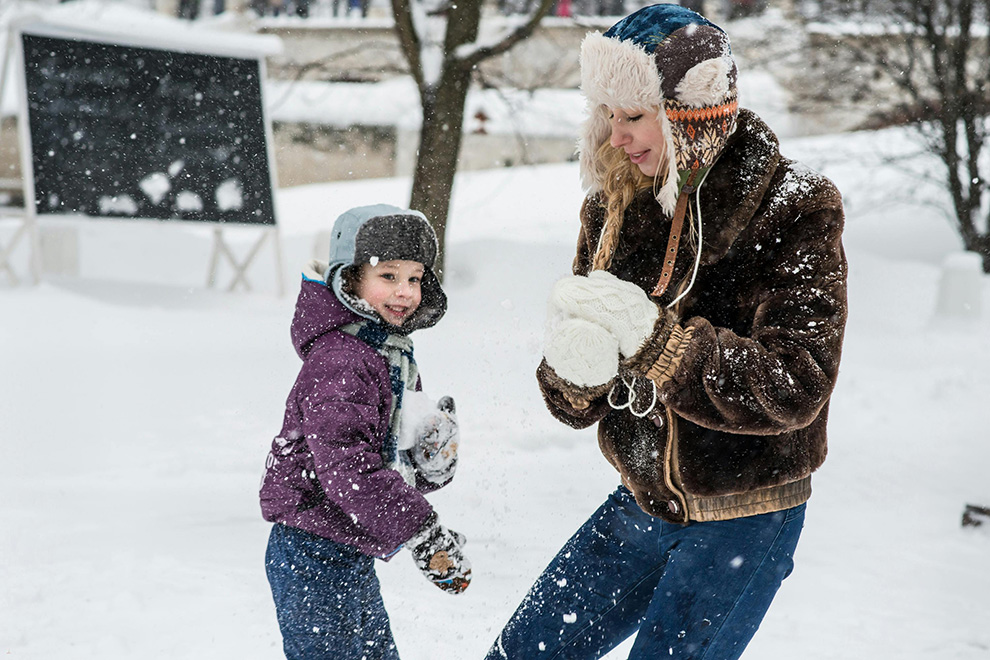 I’m a dog-lover and have been my whole life. Most stories from my youth include, at least in a supporting role, my beloved childhood dog, Button. My dad always referred to her as “sweet breath,” which she definitely didn’t have, but I didn’t care. When I was very young, Button endured being dressed up and stationed in my various forts. And later, she respectfully listened as I whispered in her (also not so great smelling) ears my deepest pre-teen secrets. She was the constant best friend, and I loved her dearly.
I’m a dog-lover and have been my whole life. Most stories from my youth include, at least in a supporting role, my beloved childhood dog, Button. My dad always referred to her as “sweet breath,” which she definitely didn’t have, but I didn’t care. When I was very young, Button endured being dressed up and stationed in my various forts. And later, she respectfully listened as I whispered in her (also not so great smelling) ears my deepest pre-teen secrets. She was the constant best friend, and I loved her dearly.
Today, my husband and I have two little terriers who are my daughter’s besties. I’m not sure if it’s genetic, but my daughter started dressing them up before the age of two. And, just last week, I caught her whispering her own secrets into one dog’s ears.
My daughter’s love of dogs has sparked conversations about responsible dog care and how to interact with our canine friends. We have a general rule that we do not approach strange dogs without a parent present, and we always ask the owner if the dog is friendly.
Dogs are great companions for all members of a family, but responsible ownership is key. And there are a handful of state and local laws that define your responsibilities. Here’s what you should know.
1. Dogs four months and older should be licensed and vaccinated against rabies.
In the City of Richmond, a license costs $10 annually and can be purchased through the Department of Animal Care and Control. Check with your local county or city government if you live outside Richmond.
2. Dogs should generally be kept on leash in public.
Local governments have individual requirements, but most cities and counties require dogs to be on leash or under immediate voice control. The City of Richmond requires dogs to be restrained at all public parks that allow dogs, and those laws are enforced. Even if your dog is not aggressive, he could startle a pedestrian or accidentally knock over a small child, so it’s best to keep him on leash.
3. Virginia is a “one bite” state.
If you are aware that your dog has bitten anyone in the past, or that your dog has aggressive characteristics, you are on notice and face civil liability in the event that your dog injures someone. Talk to a dog behaviorist right away if you suspect biting may be a problem.
4. You still could be liable for a bite, even if your otherwise peaceful dog was provoked.
Let’s say your angel of a dog is sitting quietly by himself in the backyard. Your daughter’s friend goes up to the dog, pinches his ear and kicks his leg. The dog bites, and there is a minor injury. Could you be liable? Well, yes, you could be sued and the judge could rule against you. The best bet is to always behave as a reasonably prudent person would. Translation: It is a risk to leave your dog unattended with any child.
5. Pick up your dog’s waste.
If you’re doggie does his business on someone else’s property or in a public place, clean it up. Failure to do so could get you a ticket.
Having a dog in the family can be one of life’s greatest pleasures, but do make sure to adhere to the local and state laws. They exist to improve health and safety of everyone involved, canine and human.
So get those vaccines, licenses, and leashes. Oh, and maybe a pair of doggie sunglasses for Fido as well.





